Smart Storage, Sustainable Spaces: Choosing Eco-Friendly Alternatives to Plastic Trash Cans
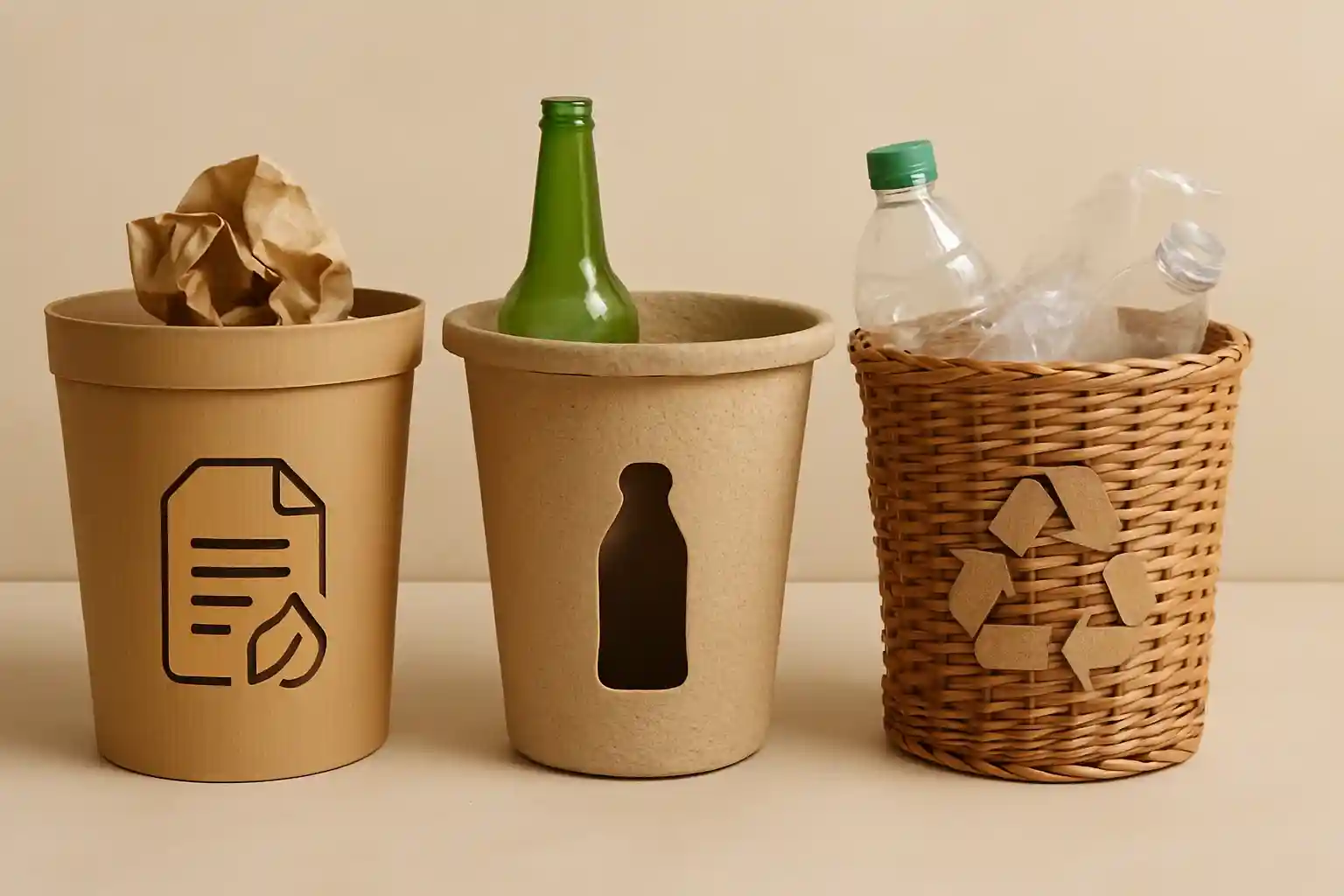
The humble trash can, an often-overlooked fixture in our homes, plays a crucial role in managing the waste we generate daily. For many years, plastic has been the dominant material choice for these receptacles, favored for its affordability and perceived practicality. However, the widespread use of plastic in our homes contributes significantly to environmental concerns, from resource depletion to the persistent problem of plastic waste in landfills and ecosystems. As we strive for more sustainable living, even seemingly mundane items like our trash cans offer an opportunity to make eco-conscious choices that can collectively lead to a significant positive impact.
The lifecycle of a plastic trash can, from the extraction of fossil fuels to its energy-intensive manufacturing and eventual disposal, carries a considerable environmental footprint. Plastic, being non-biodegradable, persists in landfills for centuries, and its production contributes to greenhouse gas emissions. While plastic bins may seem durable initially, they can become brittle, crack, and eventually need replacement, leading to a continuous cycle of consumption and waste. Recognizing this unsustainable pattern, many individuals are seeking more durable and environmentally friendly alternatives for managing their household waste.
Fortunately, a range of robust and lower-impact materials offer viable replacements for plastic trash cans. By choosing metal bins, recycled plastic cans, or wooden waste boxes, we can manage our waste effectively while minimizing our environmental footprint. These alternatives often offer superior durability, aesthetic appeal, and a more sustainable end-of-life scenario, aligning our waste management practices with a commitment to a healthier planet.
Sustainable Sorting: Exploring Eco-Friendly Alternatives for Waste Management
Moving towards a more sustainable home involves considering the materials of even our most functional items, including how we contain our waste:
Metal Bins: Durability and Infinite Recyclability
Metal bins, particularly those made from stainless steel or aluminum, offer an exceptionally durable and sustainable solution for waste management. Metal is a strong and long-lasting material, ensuring that metal trash cans can withstand years of use and resist cracking or breaking like their plastic counterparts. Furthermore, metal is infinitely recyclable, meaning that at the end of a metal bin's lifespan, it can be melted down and repurposed into new products without losing its quality. This circularity makes metal a highly resource-efficient choice. Brands like Simplehuman and Brabantia are known for their high-quality and durable metal trash cans, often featuring thoughtful designs and mechanisms that enhance usability and longevity. Investing in a metal bin is a long-term decision that reduces the need for frequent replacements and supports the recycling of valuable materials.
Recycled Plastic Cans: Giving Waste a Second Life
While virgin plastic poses environmental concerns, trash cans made from recycled plastic offer a way to utilize existing waste streams and reduce the demand for new fossil fuel extraction. By choosing bins made from post-consumer recycled plastic, we are supporting the principles of a circular economy, diverting plastic waste from landfills and giving it a new purpose. While the durability of recycled plastic can vary depending on the type and quality of plastic used, many manufacturers are producing robust and long-lasting trash cans from recycled content. Retailers like IKEA often offer bins made from recycled plastic, providing an accessible and more sustainable option for waste management. Opting for recycled plastic bins helps to close the loop on plastic waste and reduces our reliance on virgin plastic production.
Wooden Waste Boxes: Natural Aesthetics and Biodegradability
Wooden waste boxes offer a natural and aesthetically pleasing alternative for containing waste, particularly for dry waste like paper and cardboard in home offices or living areas. When sourced from sustainably managed forests (certified by organizations like the FSC), wood is a renewable resource with a lower carbon footprint compared to plastic production. Wooden waste boxes can add a touch of warmth and natural elegance to a room. At the end of their lifespan, wood is biodegradable, returning to the earth without leaving behind harmful plastic residues. While perhaps not as suitable for wet or messy waste without a liner, wooden bins provide a stylish and eco-conscious option for managing certain types of household refuse.
Completing Your Eco-Home Upgrade: Considering Liners and Waste Sorting
To further enhance the sustainability of your waste management system, consider these additional factors:
- Reusable Liners: Explore reusable and washable fabric liners for your trash cans, particularly for dry waste, reducing the need for single-use plastic trash bags.
- Composting Bins: Implement separate composting bins for food scraps and other organic waste, diverting this valuable material from landfills.
- Recycling Bins: Ensure you have clearly designated bins for different types of recyclable materials, making it easy for your household to participate in recycling efforts.
By consciously choosing durable and lower-impact materials for our trash cans and implementing effective waste sorting practices, we can create a more sustainable and resource-efficient home. Even the way we manage our waste can contribute to a healthier planet.
Related Blogs
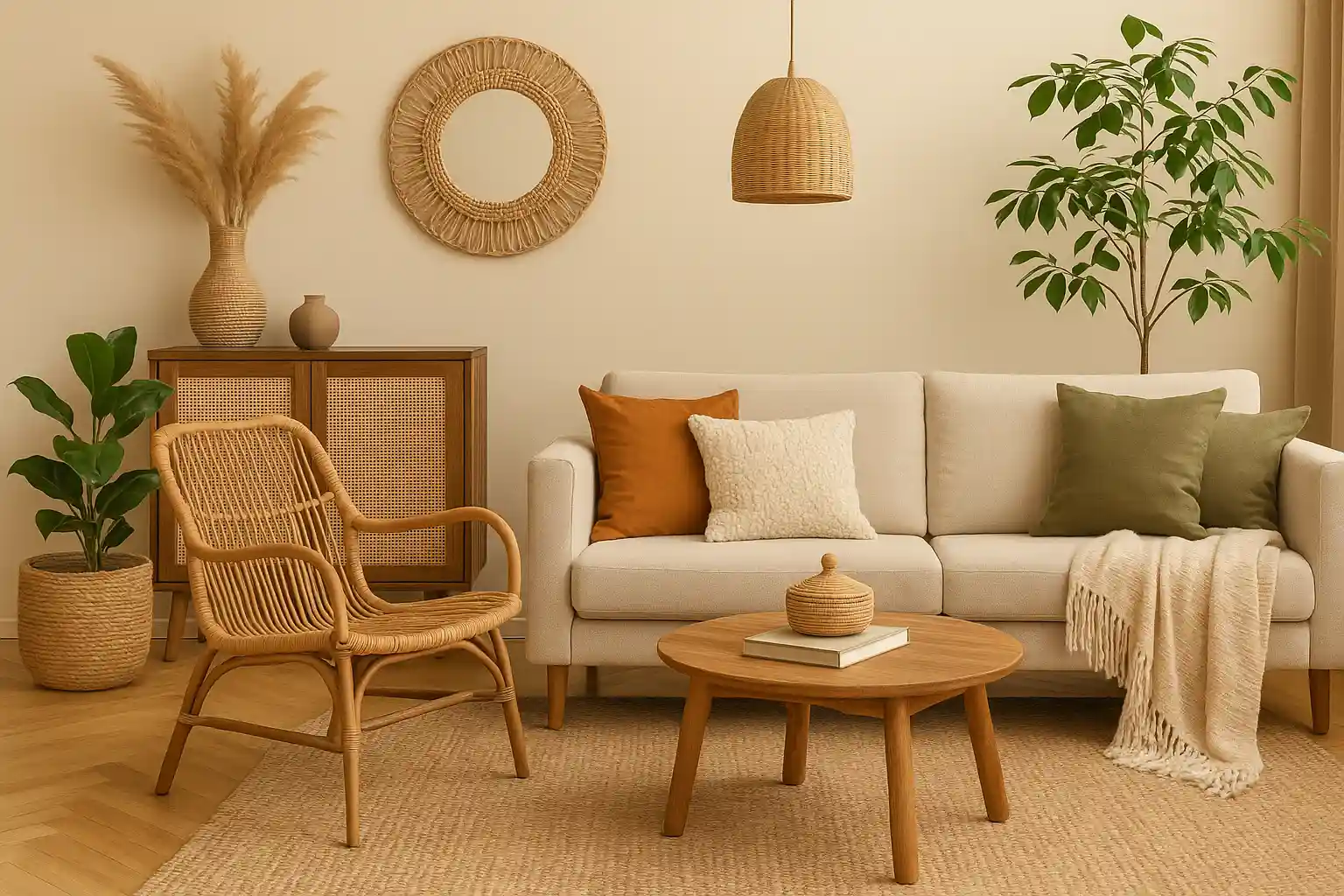
5 Home Decor Trends That Nurture Your Space and the Planet
Insights on 5 home decor trends that are also earth-friendly in a sustainable way.
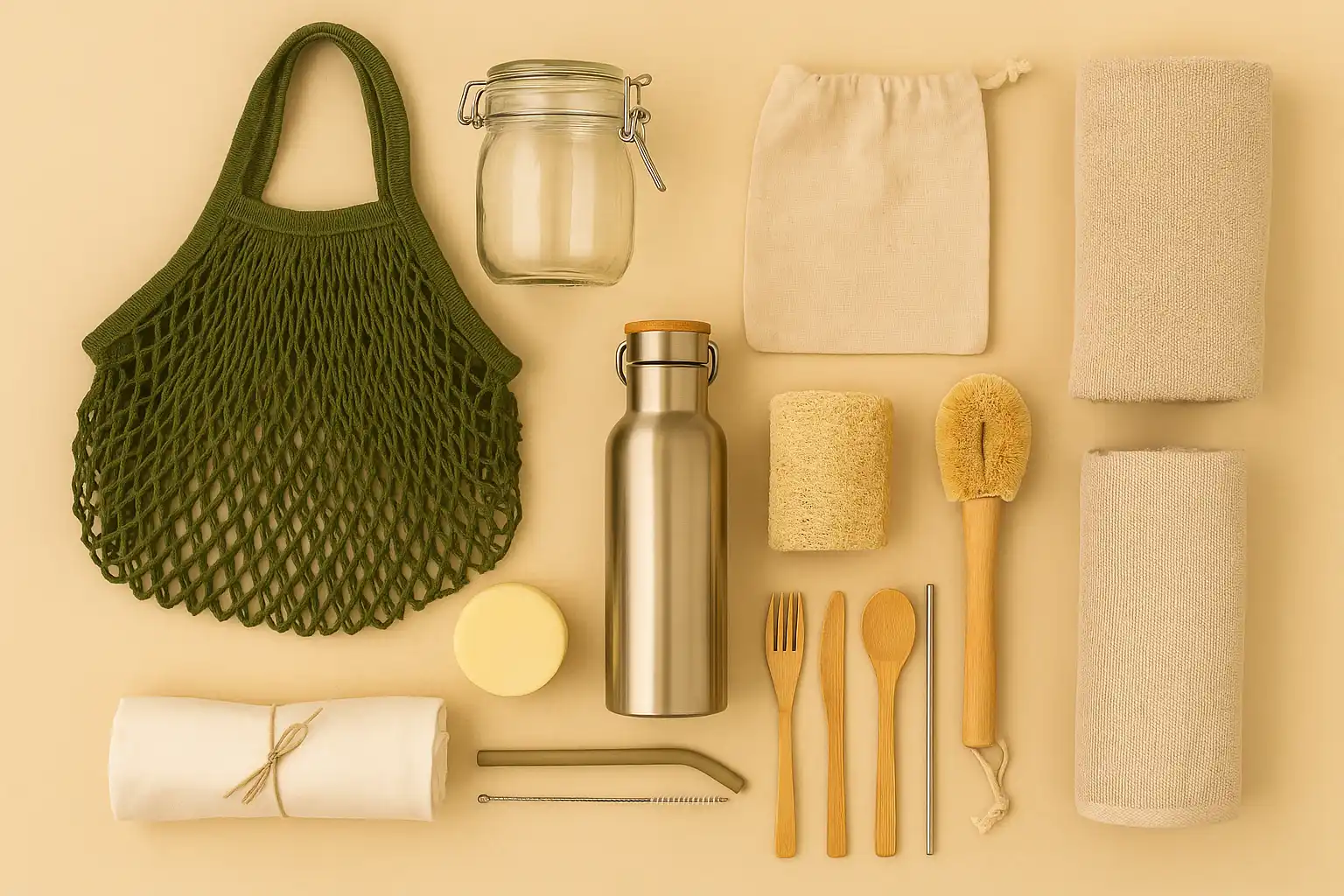
Laying the Foundation for a Greener Home: Your Eco Starter Kit
Insights on building an eco starter kit for your home in a sustainable way.
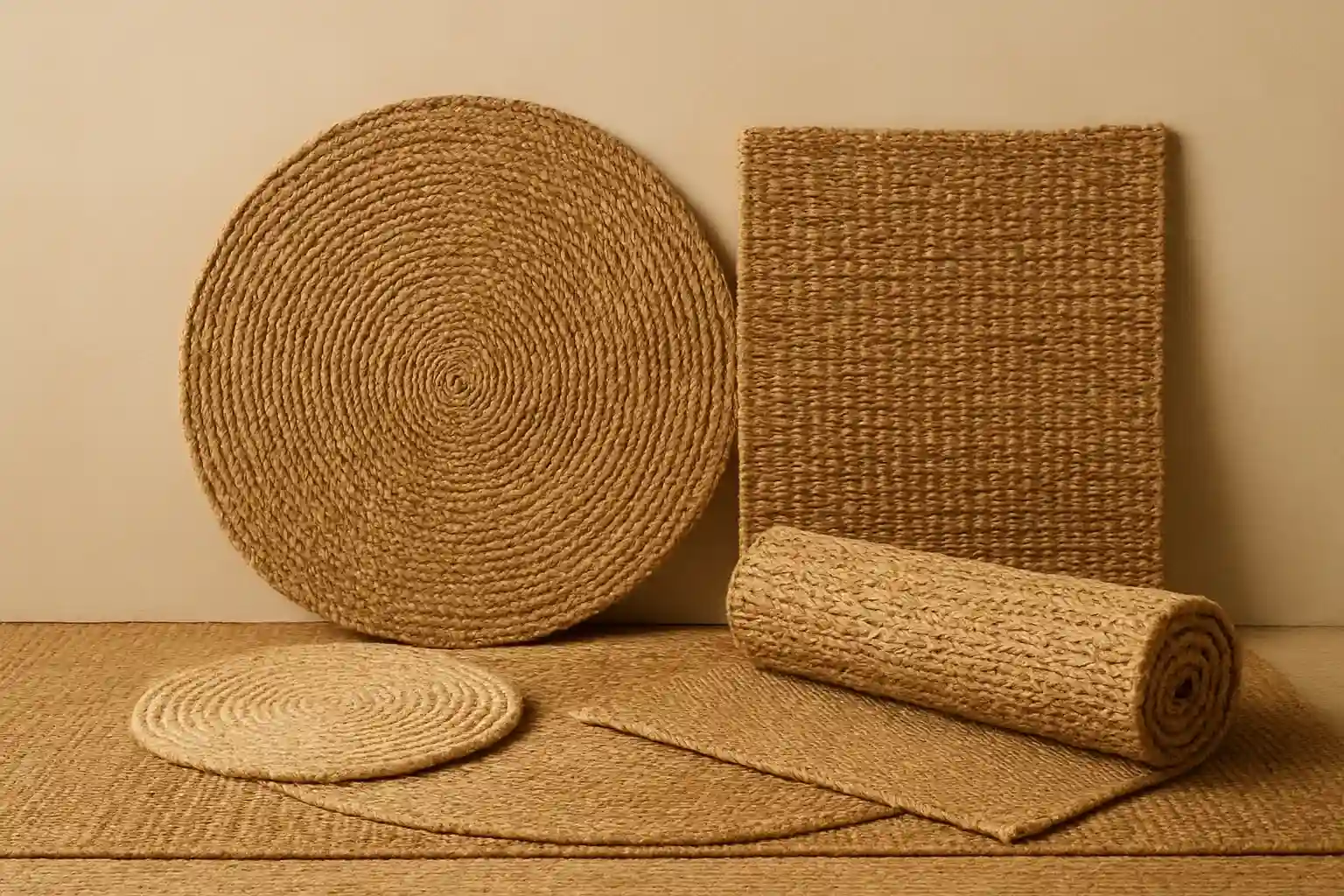
Step Softly on the Earth: Upgrading Your Home with Natural Floor Rugs
Choose biodegradable and non-toxic jute, organic cotton, or wool rugs over synthetic options.
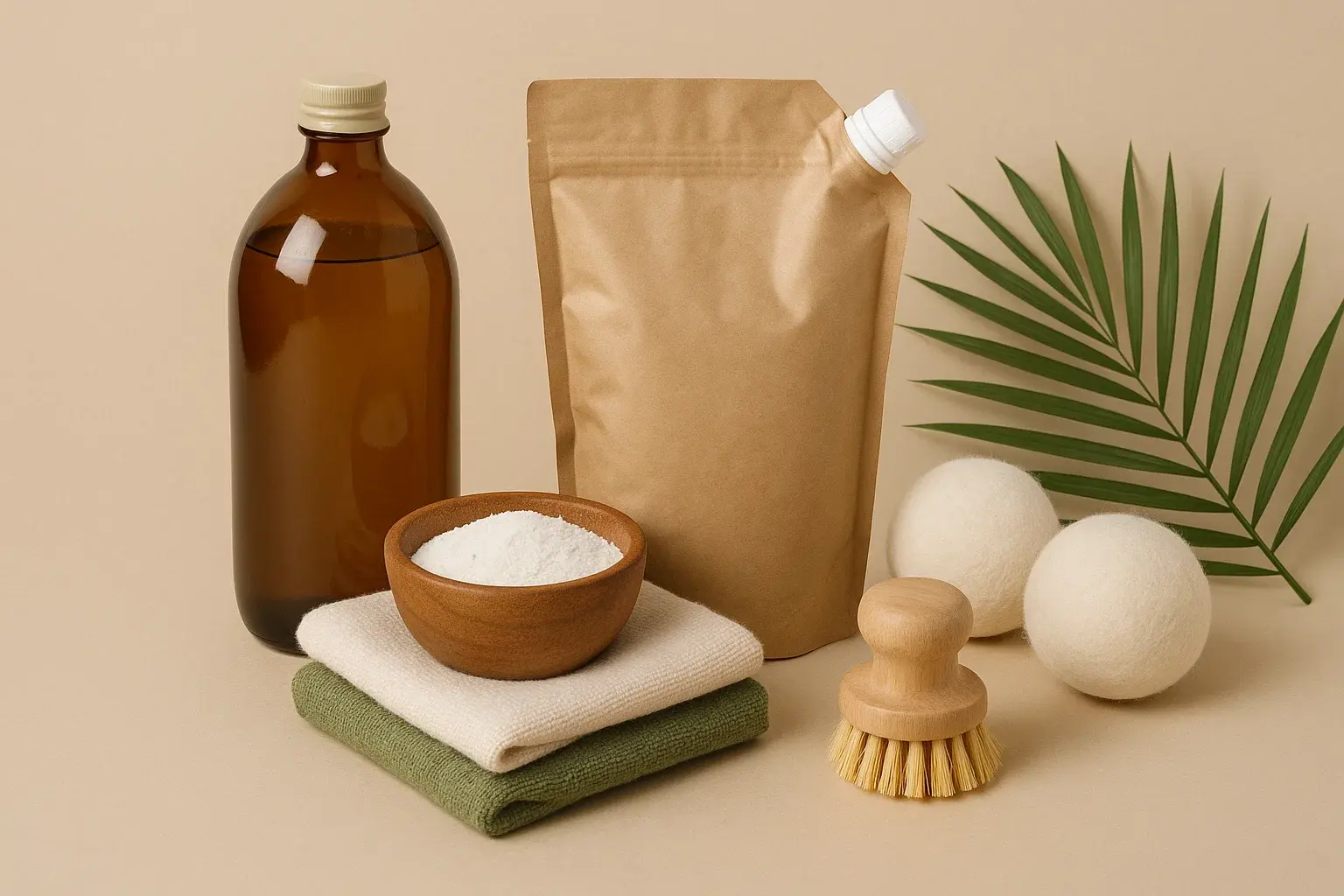
Clean Laundry, Clear Conscience: Sustainable Swaps for Conventional Detergents
Switch to soap nuts, eco-enzyme cleaners, or plant-based detergents for toxin-free laundry.
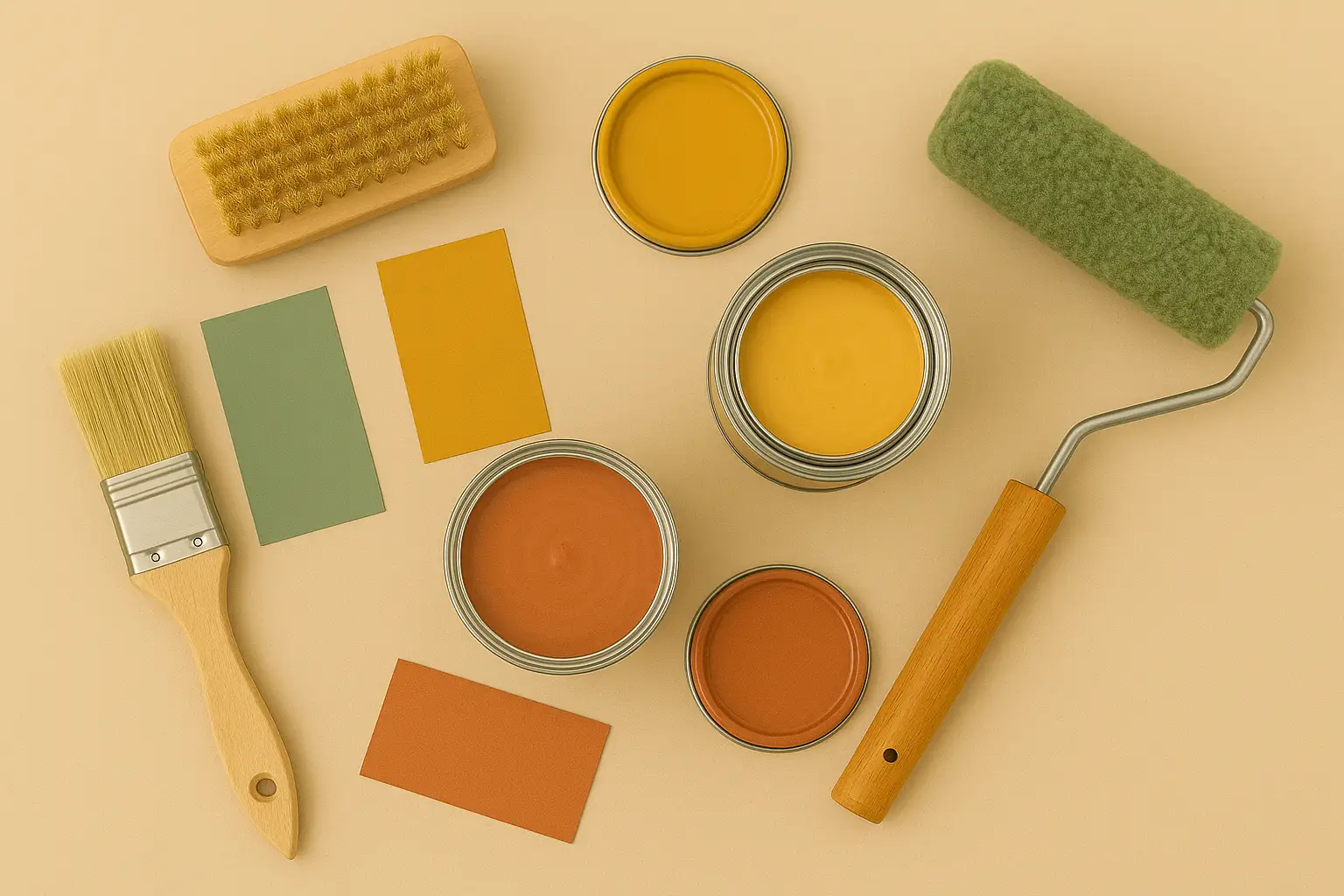
Breathing Easier, Living Greener: The World of Eco Paints and Finishes for a Healthier Home
Insights on eco paints and finishes for a healthier home in a sustainable way.
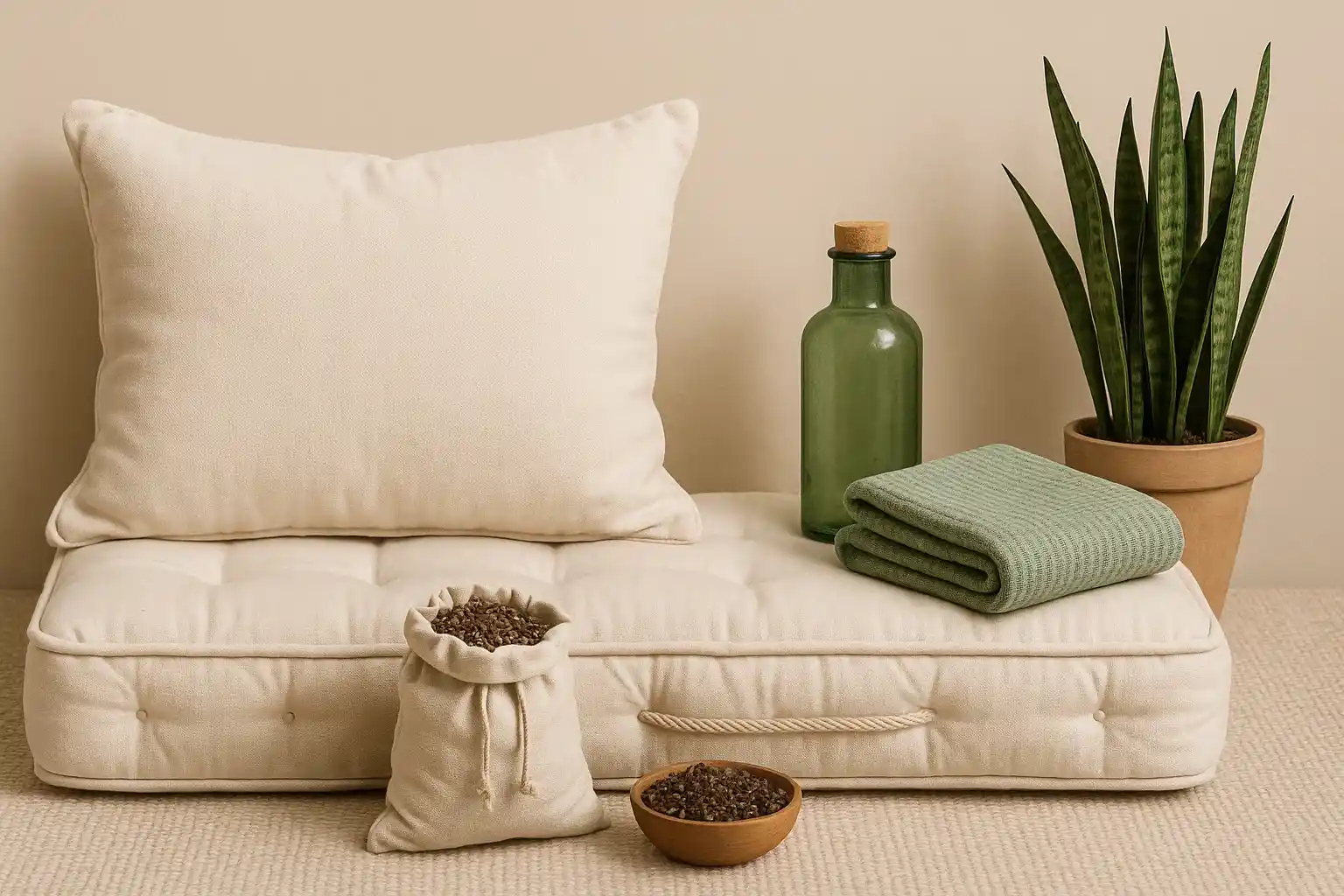
Dreaming of a Greener Sleep: Choosing Natural Mattress Toppers for a Healthier Bed
Upgrade your sleep with non-toxic, breathable, and biodegradable latex, organic cotton, or wool toppers.
Stay in the Loop
Get tips and insights tailored to your interests — no spam, just sustainability.